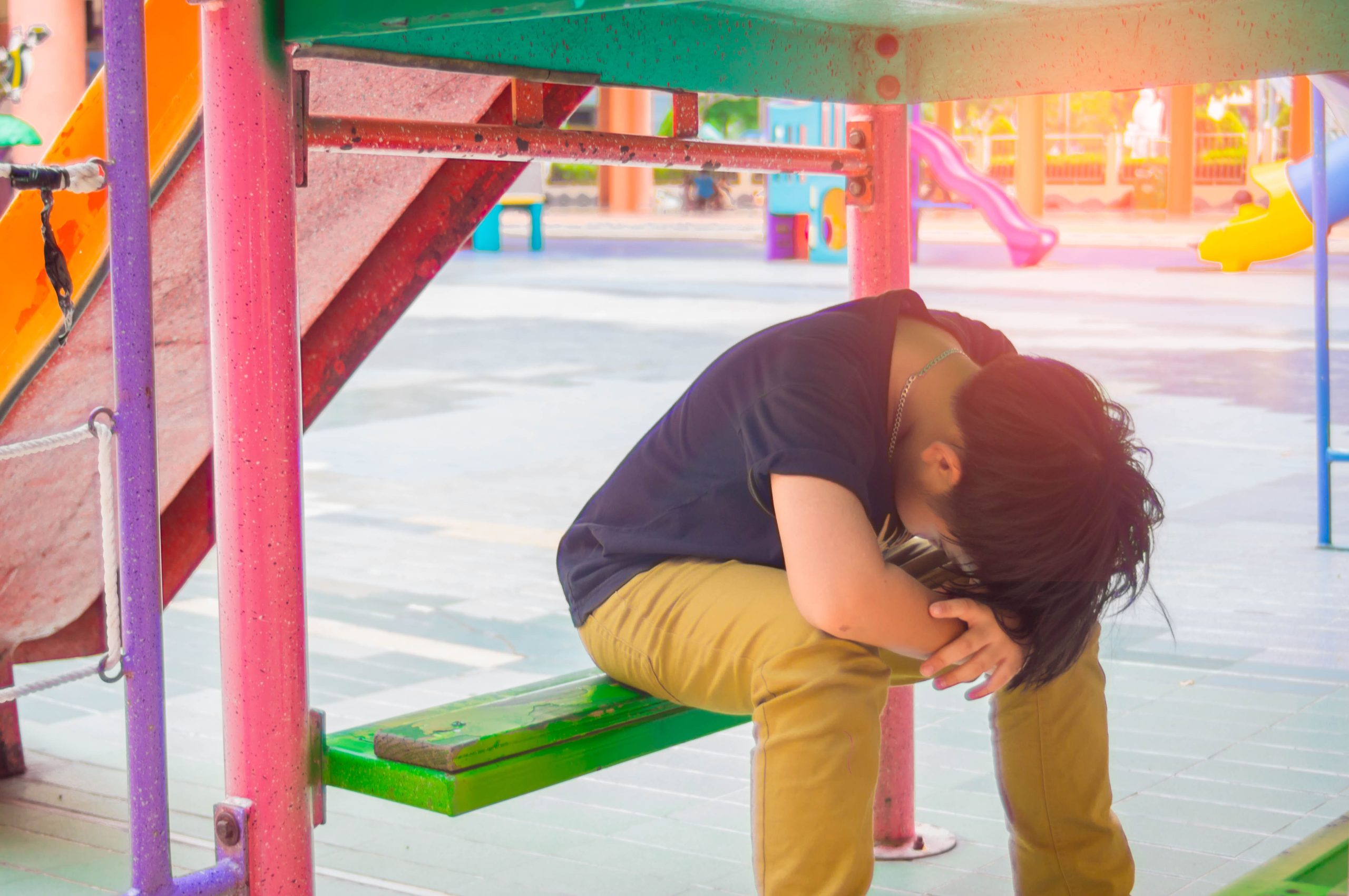 It’s extremely common for teens to have mood swings. They’re going through puberty, and they’ve got new hormones flooding their system on a daily basis. This is such typical teenage behavior that it’s parodied in movies and TV shows all the time.
You can probably picture the scene already: a teen comes home from school and seems fine. They put their backpack down, and a parent asks how their day was. The teen immediately gets upset and yells, “Why are you always interrogating me?!” and runs up the stairs to their room and slams the door. The hapless parent is left downstairs wondering why their kid suddenly got so upset. The parent shakes their head and says, “teenagers…” while some canned laughter plays in the background.
In real life, it can be a lot more intense than that. There’s no studio audience to share in your dismay, and it doesn’t feel funny at all. You still have to deal with a moody teen on top of all your other responsibilities, and you don’t know what’s going on with these mood swings.
All teens go through mood swings from time to time, but they usually aren’t severe. Extreme mood swings in teens can be a sign that something is wrong. Hormones will certainly play a role in how your teen feels, but teenagers should be able to start adjusting and coping to their changing bodies. If your teen’s behavior is becoming erratic, there’s more you should know as their parent.
It’s extremely common for teens to have mood swings. They’re going through puberty, and they’ve got new hormones flooding their system on a daily basis. This is such typical teenage behavior that it’s parodied in movies and TV shows all the time.
You can probably picture the scene already: a teen comes home from school and seems fine. They put their backpack down, and a parent asks how their day was. The teen immediately gets upset and yells, “Why are you always interrogating me?!” and runs up the stairs to their room and slams the door. The hapless parent is left downstairs wondering why their kid suddenly got so upset. The parent shakes their head and says, “teenagers…” while some canned laughter plays in the background.
In real life, it can be a lot more intense than that. There’s no studio audience to share in your dismay, and it doesn’t feel funny at all. You still have to deal with a moody teen on top of all your other responsibilities, and you don’t know what’s going on with these mood swings.
All teens go through mood swings from time to time, but they usually aren’t severe. Extreme mood swings in teens can be a sign that something is wrong. Hormones will certainly play a role in how your teen feels, but teenagers should be able to start adjusting and coping to their changing bodies. If your teen’s behavior is becoming erratic, there’s more you should know as their parent.
What do teen mood swings actually mean?
Teenage moodiness is brought on by a lot of factors. Some of the most common reasons for teenage mood swings include:- Changing hormones and brain chemistry
- Feeling stressed and not knowing how to handle it
- Having social issues with friends or at school
- Trying to exert independence that they aren’t ready for yet
- Struggling to live up to perceived expectations
- Being tired and/or hungry


Leave a Reply